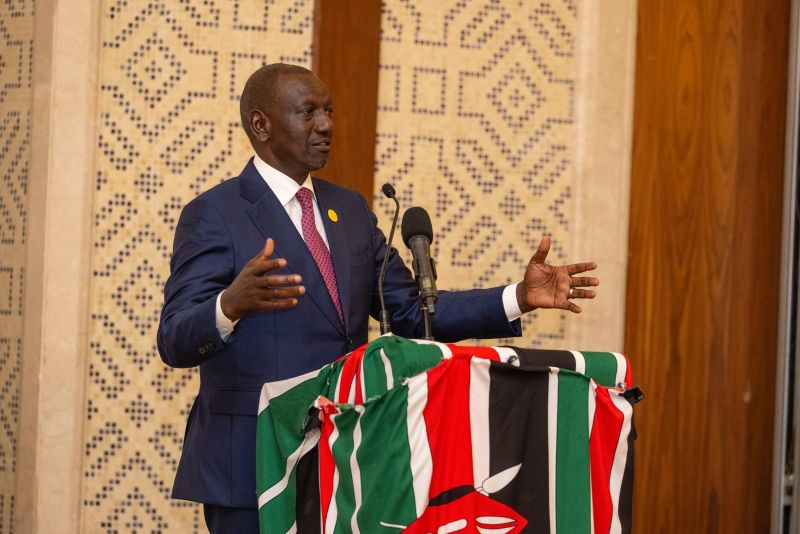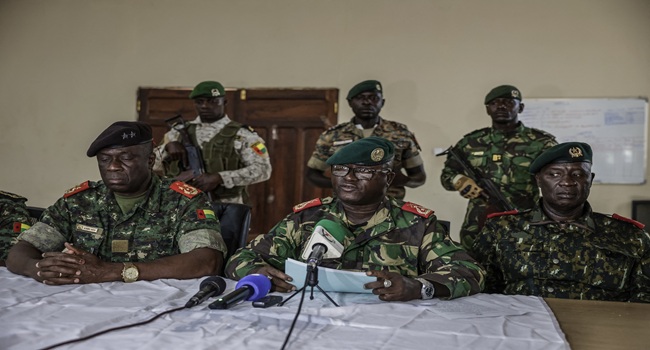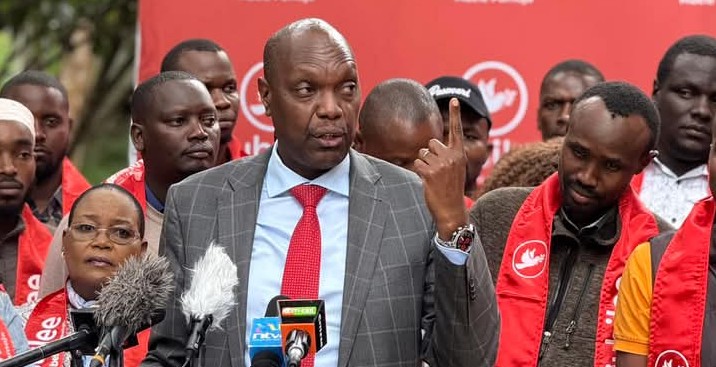Ruto admits Kenya is rationing electricity, says at least Sh1.2 trillion needed to boost capacity

Ruto said his government has launched a Sh1.2 trillion investment plan to expand capacity, part of broader efforts to position Kenya as an industrial and technological hub.
President William Ruto has admitted that Kenya’s electricity supply is insufficient to meet current demand, forcing daily load-shedding between 5 pm and 10 pm to keep the national grid stable.
Speaking in Doha, Qatar, during a meeting with Kenyans living abroad, the Head of State said that Sh1.2 trillion is required to expand the country’s power capacity to 10,000MW and ease persistent shortages.
More To Read
- Kenya Kwanza adds Sh3 trillion to national debt in three years, CBK reveals
- Cases of police misconduct rises despite overall drop in crime -Report
- Northern region MPs accuse President Ruto of ignoring region in State of the Nation Address
- Government to build 50 mega dams to transform Kenya’s agriculture - Ruto
- Ruto says public demand for affordable housing has replaced doubts with excitement
- Ruto terms Hustler Fund largest financial inclusion programme since independence
“Today in Kenya, between 5 pm and 10 pm, we have to do load-shedding. We have to shut off some areas to power other areas because our energy is insufficient,” he said.
He noted that Kenya’s current generation capacity of 2,316 megawatts is the highest in five years but still falls short of demand.
“If we have to industrialise and engage in manufacturing, we need a minimum of 10,000 MW of energy,” he said, highlighting that a single large data centre alone could consume nearly half of the current national output.
Ruto said his government has launched a Sh1.2 trillion investment plan to expand capacity, part of broader efforts to position Kenya as an industrial and technological hub.
He pointed to ongoing infrastructure projects such as the phase one development at Konza City and plans for 50 mega-dams and expanded irrigation across two million acres.
However, he acknowledged the challenges facing Kenya’s energy sector, citing ageing hydroelectric infrastructure, costly geothermal projects and stalled coal and nuclear initiatives due to environmental concerns.
He noted that the Sh200 billion Lamu coal power plant licence was revoked last year over environmental violations, and the 1,000-megawatt nuclear plant has been relocated from the coast to Lake Victoria, with completion expected in 2034.
“Between limited generation and ageing transmission infrastructure, our grid remains fragile,” Ruto said, adding that public-private partnerships are being pursued to accelerate energy projects despite past controversies.
The President’s remarks follow public frustration over repeated blackouts, with Kenya Power previously attributing outages to technical faults and maintenance. His acknowledgement marks the first public confirmation of deliberate load-shedding.
During the same meeting, Ruto urged Kenyans in the diaspora to support national development. He highlighted that the diaspora remitted $5 billion (Sh650 billion) last year and called on them to contribute further to Kenya’s growth.
“It disturbs me that Kenya can be a great nation, but we are not moving. Let me persuade you that we can contribute to our economy ourselves,” he said.
He recounted discussions with the late former Prime Minister Raila Odinga and former President Uhuru Kenyatta on transforming Kenya’s economy.
Ruto also highlighted recent economic reforms, including subsidising agricultural production, digitising fertiliser and seed distribution, and reviving the sugar sector, which has increased production from 600,000 metric tonnes in 2023 to 815,000 tonnes in 2024 and is projected to reach one million tonnes by next year.
He praised Kenyans working abroad for their contributions and pledged government efforts to reduce remittance costs from five to seven per cent, streamline diaspora services and secure safer and better-paying jobs through bilateral agreements.
“We are not asking to be remembered; we are asking to be included. We are not asking for favours; we are offering partnership,” Omar Farah, chairman of Kenyans in Qatar, said.
Prime Cabinet Secretary Musalia Mudavadi also commended the diaspora for stabilising the economy and upholding Kenya’s reputation abroad.
“By and large, the reputation of Kenyans is very good across the globe,” he said.
The President further said over 600 rogue labour agencies had been deregistered and that the government is exploring new investment pathways, including a proposed diaspora bond, to strengthen economic contributions from Kenyans abroad.
Top Stories Today















































